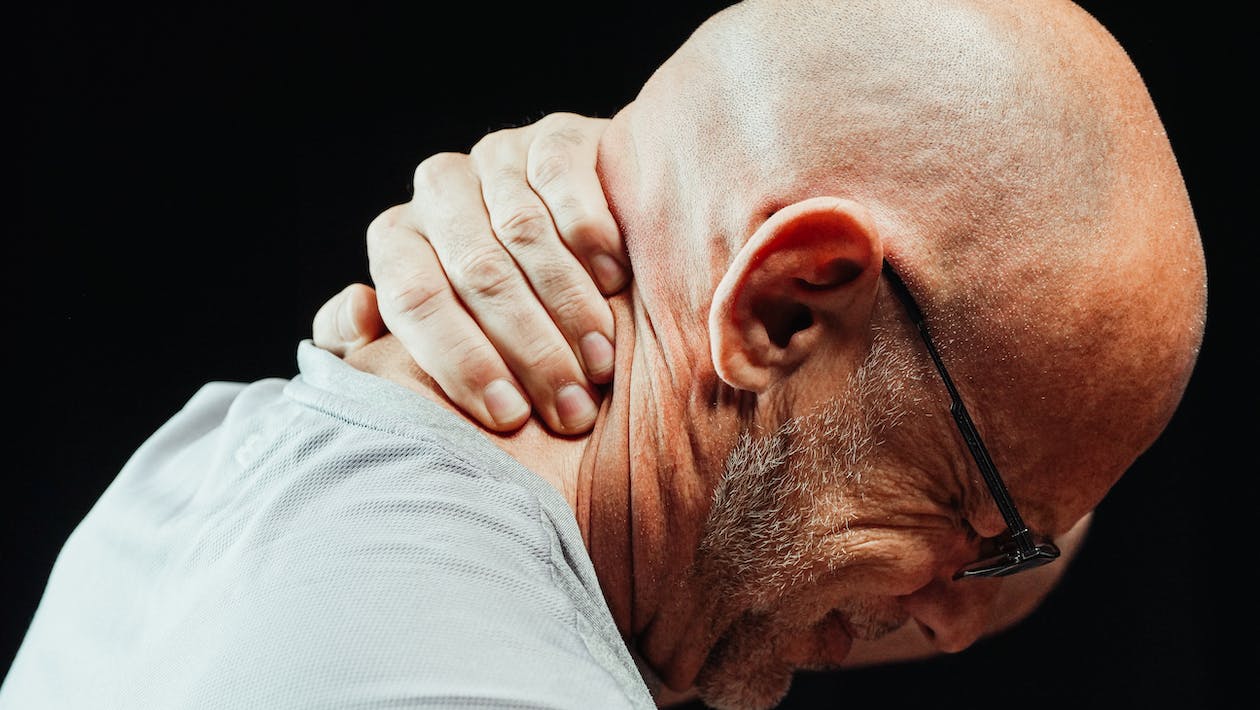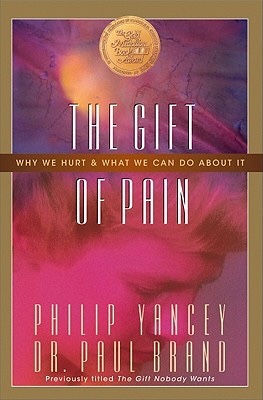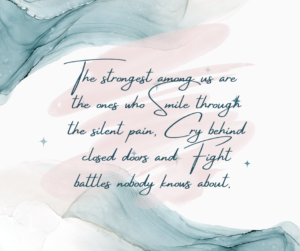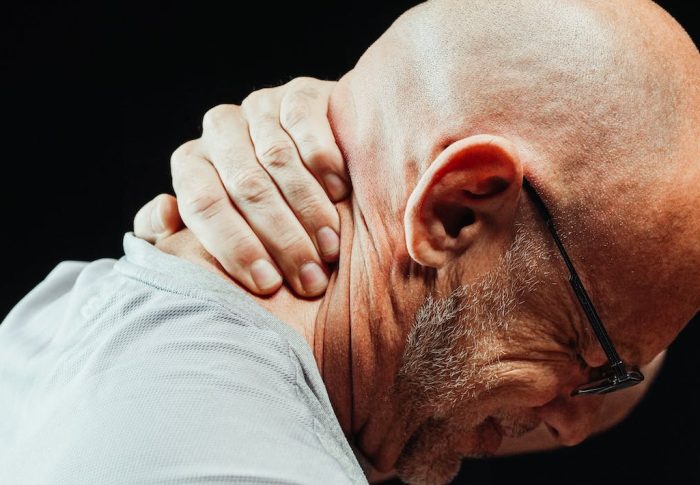
When we stop talking about our pain
The other day, I read something that really struck home:
“You don’t learn to live with pain, you just learn to stop talking about it”
When an injury first occurs or before a chronic illness is diagnosed, we talk about our symptoms, if they’re worrying us, we have no problem saying “I’ve got a splitting headache again” or “My tummy ache’s not going away” or “The cold really affects my joints” but once you’ve got a diagnosis and are managing (with medication or otherwise) as best as you can, there seems little point to keep going on about it…this is something that seems to happen naturally but it’s a tricky thing that isn’t always the best thing.
One of my husband’s friends was having terrible back trouble a while back, as fellow Christians we were praying for him as he made decisions about treatment including the possibility of invasive surgery. After a while, I asked my husband how his friend was, he said he didn’t know – we didn’t know if that was because his back was better (unlikely) or he’d just stopped talking about it.
I have chronic pain in my neck, back and shoulders and have done for many years. This is due to spondylosis in my spine and fibromyalgia affecting all joints and soft tissues. Spondylosis is diagnosed with MRI and is a degenerative bone condition causing pain, including periods of inflammation and osteophyte (bone spur) growth, which press on nerves etc. Fibromyalgia is a condition diagnosed by ruling out all other connective tissue disorders which causes tender/trigger points and generalised pain and fatigue. I also have arthritis in my ankles which causes pain with every step I take.
I used to complain quite a lot, the conditions I have are difficult to manage, especially in someone “so young”, as my orthopaedic surgeon told me! I take regular pain killers, do physio, do regular exercise, get regular sleep and do relaxation techniques.
The other day my husband asked how my pain was, commenting that I’d not said anything about it for a while. I said that it was ‘as usual’ – I hate complaining, and I hate lying so it just is what it is!
I have come to realise I may have a low pain threshold (ie I feel pain sooner than someone else) but I have an incredibly high pain tolerance – I can put up with a lot of pain and still go about my daily life, not that it doesn’t bother me, just that I don’t let it stop me. This, of course, take a lot of energy which contributes to the fatigue I get anyway!

I find it difficult to talk about my pain as most people, when they hear about it, want to help in some way, or at least say something useful, sympathetic or supportive. But there isn’t really anything anyone can say or do to help. If I do mention it, it generally feels quite awkward and I defer to lying, along the lines of “it’s fine, I’m managing ok” or “I have good days and bad days” – which is technically true but my good days are still about 5-6/10 on the pain scale…
Normal for me is pretty bad but who wants to hear that every time I see them?!
If I don’t talk about it, people don’t realise that I’m suffering, assume I’m fine and don’t understand when I need to leave events to go to bed, if I’m distracted or if I don’t offer to help (set up tables, move chairs etc). I worry that people won’t believe me because I ‘look normal’ or they will just think I’m lazy or a flake!
The thing is, I can act normal, as I did the other day in breakaway training at work, but I pay for it afterwards. That evening, I could hardly think, my head felt like it was completely split open, my shoulders and arms were stiff and I coulnd’t move them without excruciating pain. Hot pokers and crushing vices could probably reproduce the pain fairly accurately.
I have read some fabulous books by Paul Brand and Philip Yancy about how we’re meant to listen to our pain, not get angry about it or wish we didn’t have it – it tells us something is wrong, if we didn’t feel it we wouldn’t pull our hand away from the flame or take care of a brewing illness.
Unfortunately when it comes to fibro, the thing that’s wrong is the pain communication system – this means, I feel pain when I shouldn’t. Pain from spondylosis is due to physical degeneration or deformities – I listen to my pain and do not push my body beyond it’s limits too often but it’s incredibly frustrating when my brain is active and wants to be doing, but my body just can’t.
I’m not looking for people to feel sorry for me (that’s fairly pointless!) – I’m just saying it how it is.
So it’s a difficult balance, talking about the pain doesn’t solve anything and makes other people feel helpless or awkward, not talking about it means people don’t know the truth, may think I’m rude or acting strangely.

So, perhaps we should try to remember, if someone has a chronic condition, no matter what it is, diabetes, arthritis, mental illness, bowel or kidney disorders, they are managing it every single day. They may not talk about it but that doesn’t mean they’re fine, it doesn’t mean they’re not suffering just as much as when they do talk about it, all it means is that today, they’re not talking about it.
Sometimes I wish my conditions were more visible but most of the time I’m glad I can choose who I tell. I guess, my health is my business and I maybe I shouldn’t worry about what other people think.





Comments
the same is also true of psychological pain and damage. I sometimes suspect that the majority of folk have at least a degree of hidden permanent pain/damage.
You’re right Dorothy, I tend to write a lot more about mental pain so I thought I’d focus on the other type for a change! It’s tricky though, both types of pain can sometimes be seen in our behaviour but not often, I wrote my thoughts on that here https://mindfulsurvivor.wordpress.com/2017/01/02/should-i-be-glad-my-illness-is-invisible/
I truly love your website.. Great colors & theme. Did you build this website yourself?
Please reply back as I’m wanting to create
my own website and would love to learn where you got this from or just
what the theme is named. Many thanks!
It’ a WordPress site – the theme is New Blog Jr. It’s quite easy to just fill it in yourself. Good luck with yours!